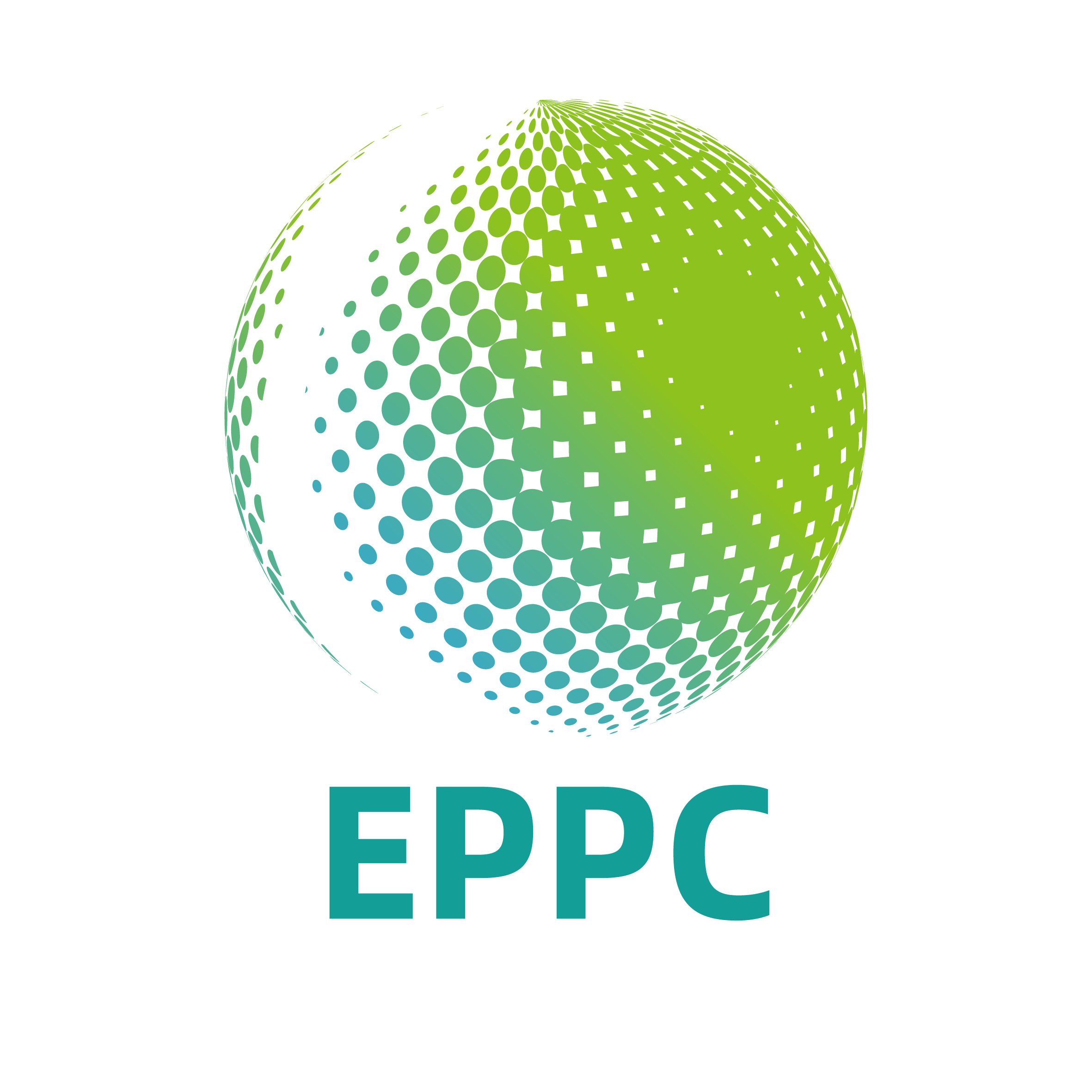

Prof. Guangming Li
Tongji University, China
Speech Title: Innovation in Science and Technology Empowers a Green Future
Abstract: The economic development of modern society and the progress of human civilization have simultaneously brought about increasingly severe environmental challenges. Technological innovation has become the core driving force for the sustainable development of human technology. In the presentation is reviewed the current hot fields of environmental technology development and the frontier trends of future development, such as key technologies for carbon neutrality, intelligent environmental monitoring systems, technological innovation in circular economy, ecological restoration revolution, breakthroughs in water technology, and urban environmental innovation, etc.

Prof. Varenyam Achal
Guangdong Technion – Israel Institute of Technology (GTIIT), China
Speech Title: Sustainable Self-Healing Concrete via Waste-Derived Biocomposites and Microbial Biocementation
Abstract: Cracking in concrete significantly reduces durability and service life, often requiring expensive repair strategies. To address this, we propose a sustainable self-healing method that employs denitrifying bacteria embedded within bio-composites fabricated from industrial by-products including glass pumice, expanded perlite, and bentonite. These materials act as both carriers and nutrient sources, supporting microbial-induced calcium carbonate precipitation (MICP) under oxygen-limited environments typical of deep concrete fractures. Bentonite-based composites exhibited the most notable mechanical improvements, enhancing compressive strength by 25%, flexural strength by 15%, and tensile strength by 8% compared to untreated samples. Corrosion monitoring further confirmed that bacterial nitrate reduction lowered steel degradation risks. Within two weeks, microbial activity consolidated cracks effectively, with microbial community analysis highlighting enriched denitrification pathways crucial for carbonate deposition. By integrating waste valorization with microbial self-healing, this approach reduces environmental burden, supports bacterial survival in harsh cementitious conditions, and presents a scalable pathway toward resilient, low-maintenance, and climate-conscious construction materials.

Assoc. Prof. Zawawi Bin Daud
Universiti Tun Hussein Onn Malaysia, Malaysia
Speech Title: Towards Sustainable Waste Management in Malaysia
Abstract: Sustainable waste management has become a critical global concern, and Malaysia is no exception. With the country's increasing urbanization and economic growth, waste generation has risen significantly, posing environmental and social challenges. To address these challenges, Malaysia has introduced several policies and strategic frameworks, including the National Solid Waste Management Policy, Eleventh and Twelfth Malaysia Plans, and the Roadmap Towards Zero Single-Use Plastics 2018–2030. These initiatives emphasize waste minimization, recycling, and the development of waste-to-energy (WTE) facilities. The government has also promoted the 3R approach—Reduce, Reuse, Recycle—through community outreach, education, and partnerships with local authorities.